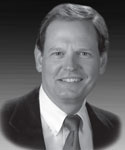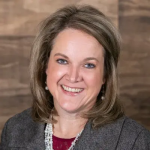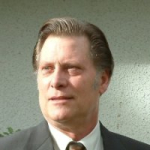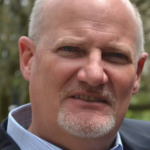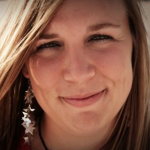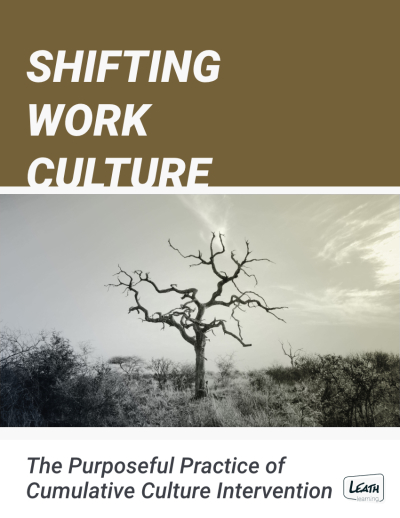
Shifting Work Culture
The Purposeful Practice of Cumulative Culture Intervention
Peter Drucker famously observed, “Culture eats strategy for breakfast” and—for those tasked with implementing any new program, system, or methodology, be it strategic or not, beneficial or not—this maxim is all too familiar. Culture resists change. This is a good thing until it isn’t. Culture is predicated on beliefs and values, the interactions of people and their principles, a shared vision of who they are what they strive to become. This cultural root system resists new for new’s sake. It demands alignment and proof of benefits—a very good thing. However, external, sea-change shifts in competitive markets demand organizational agility and swift action, often creating disruptive change to the organization’s cultural norms. Perhaps the most disruptive of these is the much-dreaded merger and/or acquisition forcing two cultures to operate as one.
Culture is the natural result of humans interacting to achieve mutual goals. It happens whether we’re paying attention or not, whether we nurture it or not. Culture grows year upon year, event upon event, accumulating a series of “the way we do things around here” norms that work well for the environment into which it grows. But untended and unintentional cultures often develop rigid structures—systems and procedures, processes and solutions—over multiple years and multiple events, merging into a strong and supportive trunk. From here, trends and patterns of behavior branch out to meet the market environment producing a myriad of leafy events. To the extent these structures are rigid or flexible determines the organizations response to rapid change in its market environment.
This 3-volume course will help leaders and manager develop an eye for work-culture elements, gauge their readiness and responsiveness to change, then engage the right-others to champion incremental culture shifts that, while they may seem small and slow, lead to a significant course correction over time and distance and a sudden boil from multiple heated elements.
But this is not enough. Drucker’s maxim looms large over these efforts. Top-down orders meet the most resistance from work cultures, accounting for the vast number of strategic and programmatic implementation failures. Only bottom-up efforts, small changes to people, their principles and their shared vision, sustain strategic change.
Our program addresses this issue directly, giving leaders and managers the tools and the wisdom to intervene at the root, to close previous culture chapters and pave the way for those to come. All the while, addressing the essential practices of personal resilience, process perseverance, and people engagement. We help leaders and managers not only to master the tools of culture shift, but the mindset needed to see these changes through a culture’s natural resistance to full integration.
Shifting Work Culture Volumes Include
Volume 1:
Four Levels from Ordinary to Extraordinary
Volume 2:
The Cumulative Structure of Work Culture
Volume 3:
Endings—Transitions—Beginnings
Volume 4:
Resilience—Perseverance—Engagement
Components
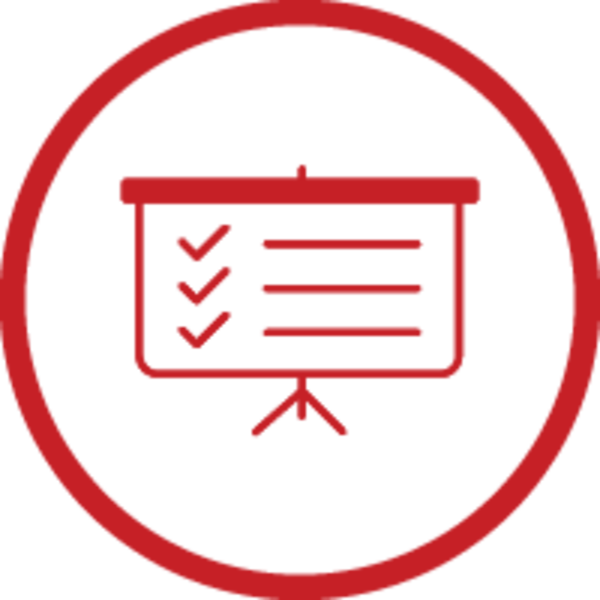
Slides
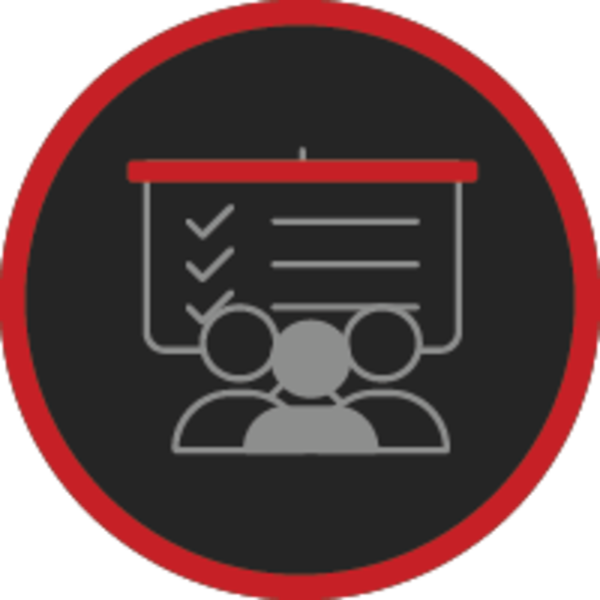
Lecture
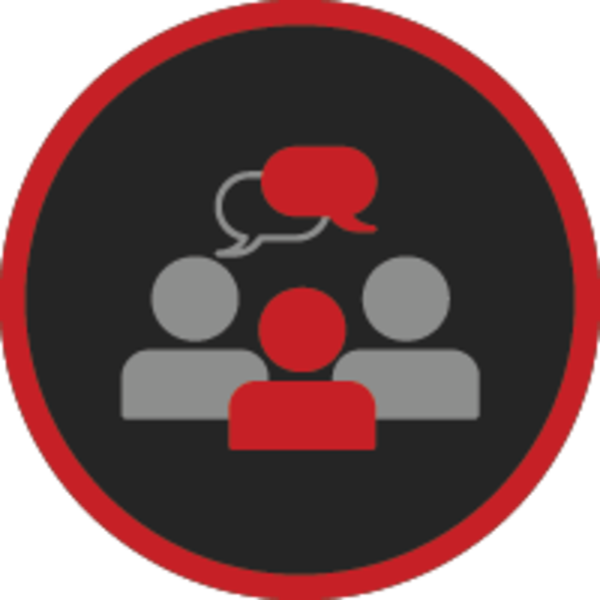
Facilitated Dialogues
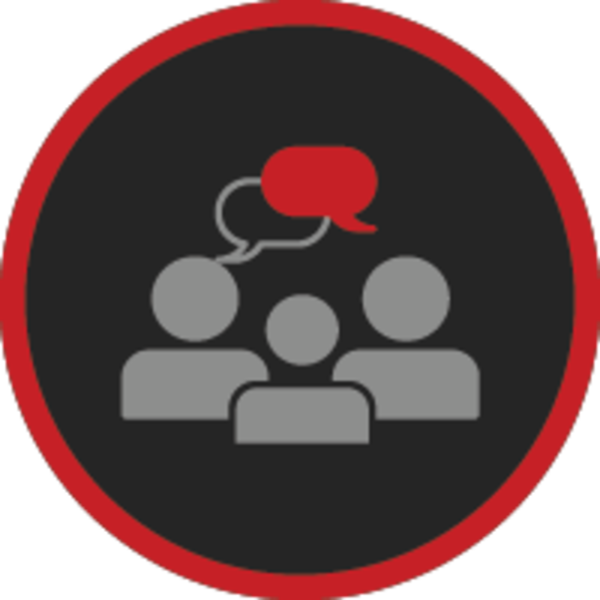
Workshop
Audience(s)
All leaders, and especially those expected to improve organization culture.
Duration(s)
6 hours.
Investment/Range
$1,125/pp. (Multi-participant and multi-volume bundles available. Contact a Program Advisor for details.)
Format(s)
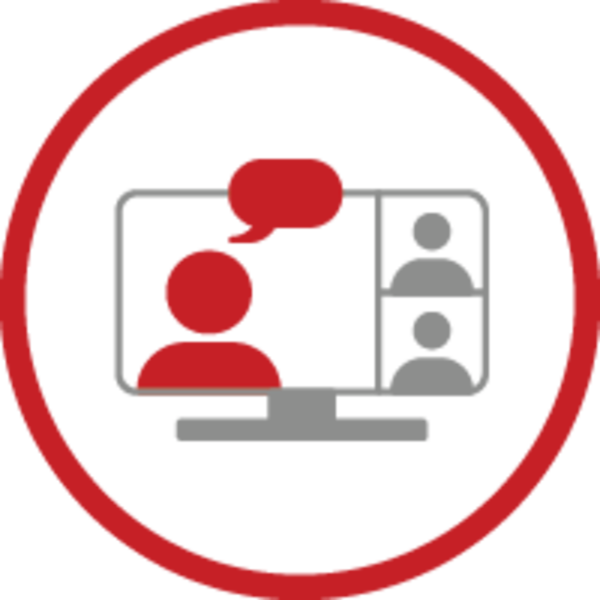
Live Online
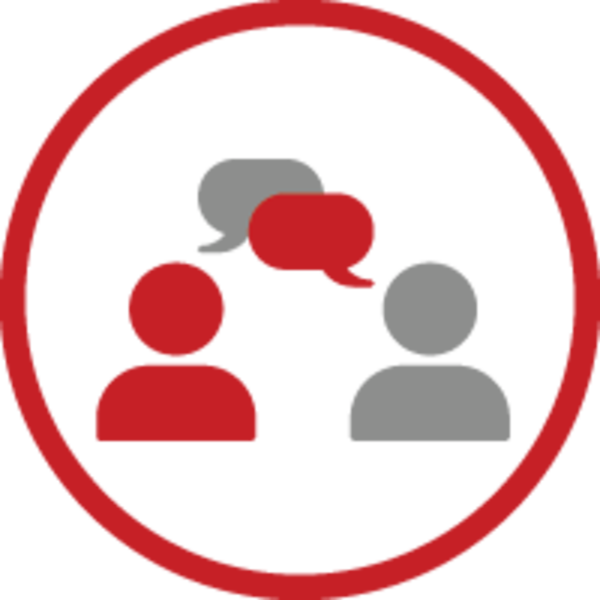
In Person
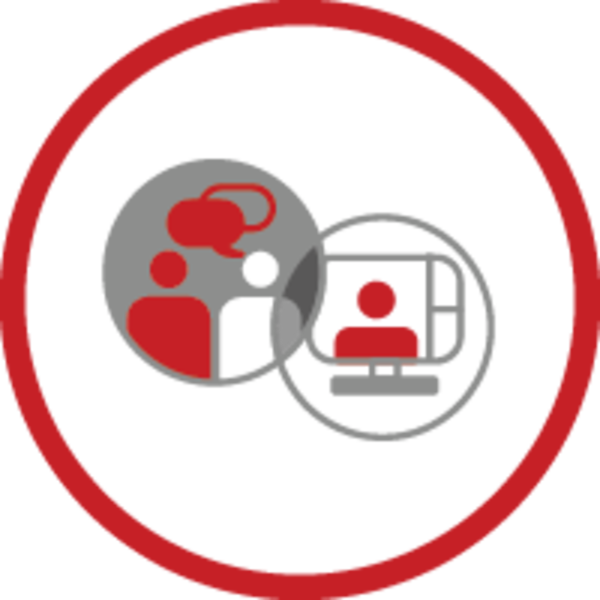
Blended Learning
Leath Learning Pillar(s) this Solution Supports

Change

Leadership

Culture

Strategy

Communication
Faculty
TBD
Available upon request.
Contact a Program Advisor
to request a date or more information
by emailing learning@leathgroup.com.
READY TO ROLL? IT’S AS EASY AS 1, 2, 3!
What’s Next?
After you either contact us or complete your application form, a Program Advisor will be your passport to participation, but should you have any questions regarding deferrals, substitutions, cancellations, refunds, credits, or attendance, please see our FAQs or Policies.
We look forward to hosting you and supporting your ongoing leadership development.
Thank you for your trust in us.






